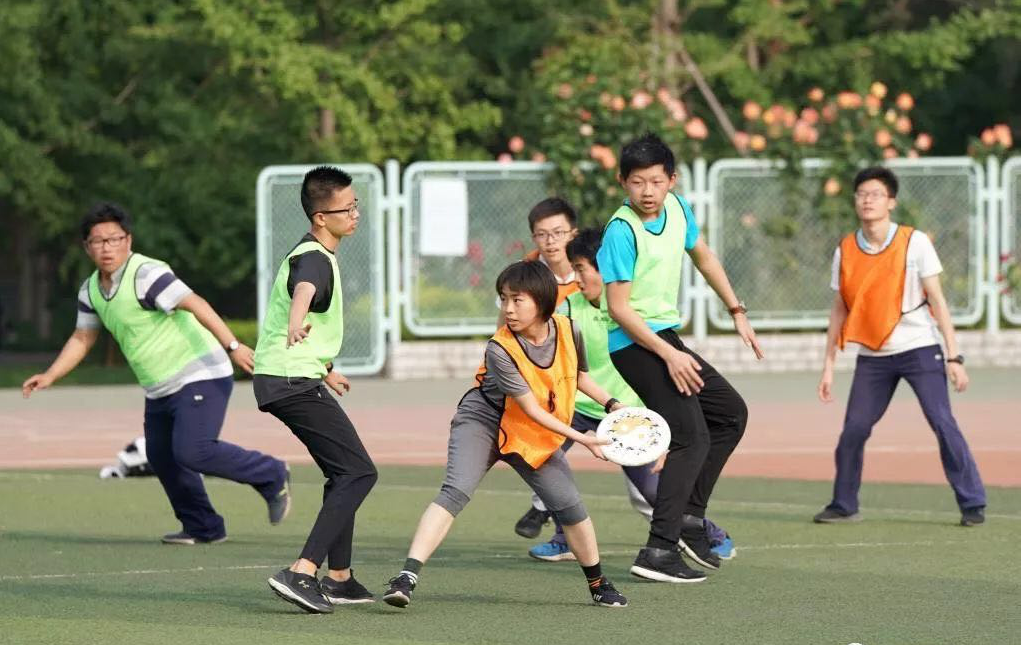In China, a popular saying has it: "Food is a better cure than medicine, while sleep is best of all."
Other countries have similar maxims. "Sleep is the best medicine," is something worried English parents may tell a poorly child. According to an oft-quoted Irish proverb, "A good laugh and a long sleep are the best cures in the doctor's book."

That sleep is the great healer is a fruit of folk wisdom that has been borne out by modern research. However, science has also proven the detrimental effects a lack of sleep can have.
The dangers of insomnia are well-documented. People who have trouble either falling or staying asleep commonly exhibit signs of low energy, irritability and depression. Insomnia can itself be an indication of an underlying medical problem – stress or a heart condition, for instance.
Insomnia aside, sleeplessness may actually be a necessary, though undesirable, lifestyle choice. For example, there are those who work night shifts and are often unable to get as much sleep as they need during the daytime, when the rest of the world is going about its often noisy business.
Then there are the students, for whom late-night studying may be a feature of their existence. It may be habitual, or perhaps only for a few days prior to an exam or the deadline for an important essay. Either way, in the pursuit of academic achievement and hence a good career, they are being deprived not only of sleep, but also, in all likelihood, of sufficient time to do physical exercise.

A group of high school students find themselves refreshed after doing exercise. /CGTN Photo
A group of high school students find themselves refreshed after doing exercise. /CGTN Photo
However, the consequences of a lack of sleep and exercise can be serious. The damage to one's physical health can be long-term. Studies show that chronic sleep loss can cause heart disease and high blood pressure, and possibly lead to a stroke or diabetes. Ironically, it can also undermine a student's concentration levels, and reasoning and problem-solving abilities, with a damaging effect on academic performance.
It therefore seems logical to conclude that the student who spends less time cramming – particularly late at night – and concentrates more on getting sufficient sleep and exercise, may actually do better in exams. He or she may also find that life is happier and more fulfilling.
So, at the start of the Chinese Year of the Rat, whether you are a student or not, why not make a New Year resolution: to get enough quality sleep and do enough exercise?
And, bearing in mind that Chinese saying: "Food is a better cure than medicine, while sleep is best of all," we could also promise ourselves that we'll eat more healthily.
In this way we can make 2020 the year when we adopt good habits that will keep us happy, healthy and well-rested for the remainder of our lives.